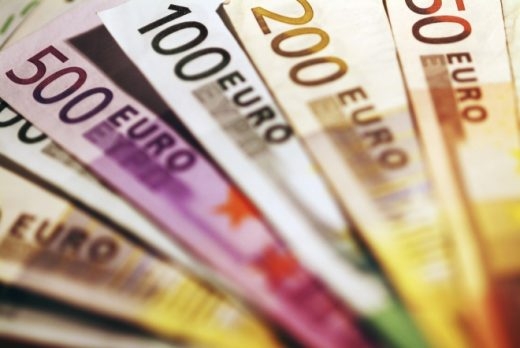A webinar on how to effectively draw EU funds in 2021-2027 on Tuesday heard that a serious reflection was needed in Slovenia on how to use the money. Digitalisation, green and circular economy, investments in R&D and transition to sustainable society were singled out as some of the most promising fields.
At the event hosted by the Ljubljana School of Economics and Business, economist Mojmir Mrak said he would like to see the bulk of the funds go for smart, digitalisation, green and circular economy projects.
This does not mean that there will be less money for infrastructure, he said, adding that actually “there will be more such funds, as the entire amount of available funds is larger than ever.”
Mrak said that Slovenia had been relatively successful in drawing EU funds so far, but the “question is whether they are drawn for the right purposes”.
Out of approximately EUR 11 billion available, more that EUR 3 billion comes in the form of debt instruments, which Slovenia may or may not use. “But nevertheless it is a record amount of money,” he reiterated.
Peter Wosner of the government macroeconomic think-tank IMAD said that while Slovenia was around the average in terms of public funding of research and development (R&D) 15 years ago, the country had been lagging far behind since the last economic crisis.
If Slovenia wants to catch up with the developed countries, it would need to increase R&D investments by EUR 183 million a year, he said, while also noting that 32% of the available funds in the current financial perspective had been earmarked for smart, digital and circular economy, while the target should be 44%.
This would mean increasing the funding for this purpose from EUR EUR 1.1 billion to EUR 2.7 billion, he said, adding that this was not only about financing research, development and innovation, but also entrepreneurship and internationalisation.
Janez Potočnik, the former European commissioner who co-chairs the International Resource Panel, said that natural resources needed to be protected in the process. “Let’s not invest in destroying the environment.”
Like Mrak, he stressed that the EU recovery fund was a unique opportunity to make a transition to a sustainable society and economy, which is a must.
Slovenia’s greatest advantage is pristine nature, natural and cultural heritage, said Potočnik, who hopes that the European Commission will keep the course outlined with the Green Deal and convince other countries to get on board.
Andreja Kodrin of the European Fund for Strategic Investments agreed that the money also needed to be invested in conservation.
“We should not invest only in popular infrastructural investments which have a short-term effect on economic growth, but also in research and development and small and medium-sized enterprises,” she added.
Kodrin proposed that private, in particular institutional investors such as pension funds, insurers and health insurers looking for safe investments should also be invited to the debate on how to spend the record amount of available EU funds.
She noted that there was no platform in Slovenia on which various stakeholders might express their interest in certain investments.

